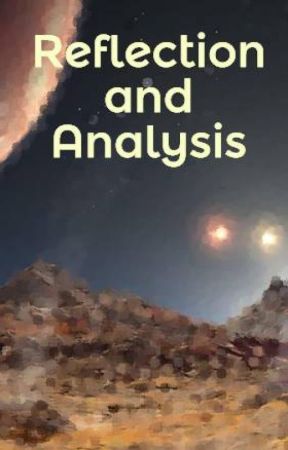So—as I dive into the canon material for Demon Slayer, I've unfortunately come to the conclusion that Kamado Tanjiro is a Gary Stu. Sure, he's not a Godmode Sue like Naruto happens to be – instead, he's a Classic Sue, a male one at that.
Of course, there will be individuals who will argue about this, some of whom will point out that I can't form an opinion one way or another because I've—gasp—only seen the first season of the Anime, though my knowledge also extends to the chapters where Giyu's past with Sabito happens to be revealed. Does this actually mean I can't mount a valid argument though?
No, it doesn't.
In fact, here is where I point out that a person can be knowledgeable regarding a series without actually having to consume the material, yet as the years progress and there become more and more of what's come to be known as fandom wiki out there it is definitely a possibility. Mind you, this doesn't work for series where the information on a fandom wiki is sparce, or where there are editing wars among fans particularly for series where an Anime adaption or English version of the Manga isn't released, as there are fans who will force their personal interpretation of the canon material onto the rest of the fandom—aka—picking the translation which supports rather than refutes their personal headcanon.
Of course, there will be individuals who will mock this practice as not being something done by true fans of a series, as if there is no legit reason for this practice, such as the availability of the canon material or even the ease of understanding for certain parts of the canon material. More importantly, one is invalidating the argument based on a fallacy of logic rather than using sound counter evidence.
Saint Tanjiro!
What is my first piece of evidence? Here is quote from the minor character page of the wiki for Enmu's fourth recruit.
"He ties himself to Tanjiro and enters this dream with the intention of killing him, but is touched by the beauty and kindness of Tanjiro's unconscious realm. When Tanjiro wakes up and the young man is pulled from his dream, he holds onto a manifestation of Tanjiro's kindness and takes it into his own heart."
Now prove to me that isn't a Mary Sue trait.
Of course, I'm not going to leave that one as is, for the reason for actually saying the above line is because the first point I'm bringing up is actually one of those cases where it should be blatantly obvious that a character is a Mary Sue or Gary Stu that even someone with a limited knowledge of what a Mary Sue or Gary Stu should be able to recognize this is a Mary Sue, or in this case a Gary Stu. I don't even have to bring up the argument that a Mary Sue, or in the case of the male counterpart the Gary Stu, that it is a character where the universe bends to accommodate them in an unrealistic manner.
There's no getting around, in this particular case, that we've Saint Tanjiro, who is so pure at heart that this becomes the exact same solution when dealing with—gasp—the guy who killed a pillar in the exact same arc where Tanjiro's saintly disposition is shown. This isn't to say Friend to All Living Things is in fact always a Gary Stu trait, but this—this is the extreme of the trope, where it is also his superpower in that he can change the mind of the most cold hearted person—well, except for mister evil for the sake of being evil final boss.
As for actual characters that fall into this trope which work narratively, they're often background/supporting characters rather than a main character for a reason. They're often characters (and the trait) are used for comedic effects in series for a reason. The exception to the rule is when there is a dark plot twist built in, something we definitely don't see with Tanjuro's character, but you don't see characters like him. The closest you come is the series Haven't You Hear? I'm Sakamoto which still doesn't qualify because the character is actually meant as a comedic parody of the Gary Stu and how ridiculous they are and is used for comedic purposes.

YOU ARE READING
Reflection and Analysis
RandomThis is a collection of essays related to series I either read or watch, although there is only one chapter at this point I wish to discuss.
